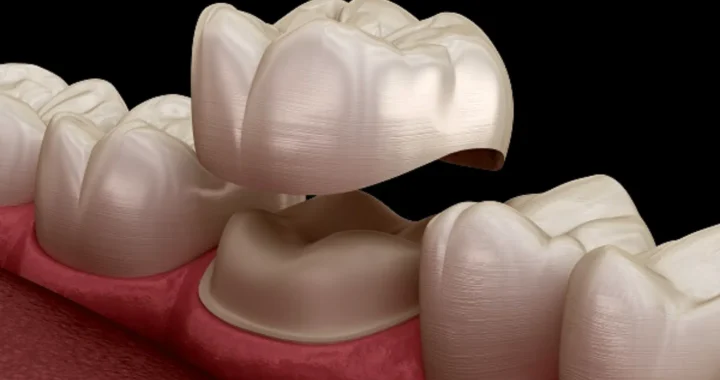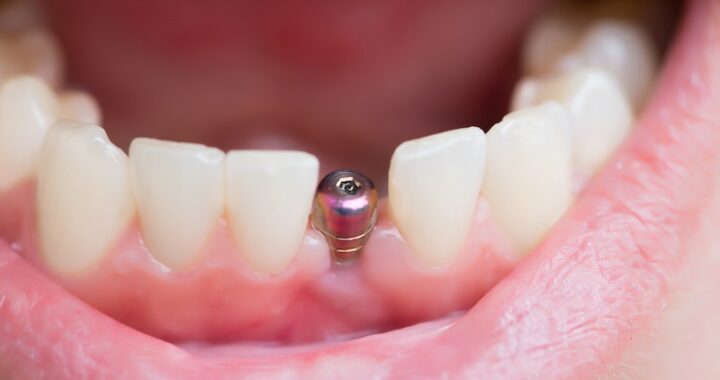The Importance of Regular Eye Exams with an Ophthalmologist

Cory Bergman, MD is a renowned ophthalmologist who has been practicing in the field of eye care for many years. He has seen numerous patients who have suffered from serious eye conditions that could have been prevented through regular eye exams. In this article, we will discuss the importance of regular eye exams with an ophthalmologist and how they can help maintain good eye health.
What is an Ophthalmologist?
An ophthalmologist is a medical doctor who specializes in eye care. They are trained to diagnose and treat a wide range of eye conditions, including glaucoma, cataracts, and macular degeneration. They are also trained to perform eye surgeries, such as laser eye surgery and cataract surgery.
Why are Regular Eye Exams Important?
Regular eye exams are important for maintaining good eye health. They can help detect and diagnose eye conditions early on, before they become more serious. Early detection is key to preventing vision loss and other serious complications.
Eye exams can also help identify other health issues that may be affecting your eyes, such as high blood pressure and diabetes. These conditions can cause damage to your eyes and can lead to vision loss if left untreated.
How Often Should You Get an Eye Exam?
The frequency of your eye exams will depend on your age, overall health, and any existing eye conditions. In general, it is recommended that adults get a comprehensive eye exam every one to two years. Children should have their first eye exam at six months of age, then again at three years of age, and before starting school.
If you have a family history of eye conditions, such as glaucoma or macular degeneration, you may need to have more frequent eye exams. Talk to your ophthalmologist about how often you should have your eyes checked.
What Happens During an Eye Exam?
During a comprehensive eye exam, your ophthalmologist will perform several tests to evaluate your eye health. These may include:
- A visual acuity test to measure how well you can see at various distances
- A dilation test to examine the back of your eye
- A tonometry test to measure the pressure inside your eye
Your ophthalmologist may also perform additional tests based on your individual needs and medical history.
Conclusion
Regular eye exams with an ophthalmologist are an important part of maintaining good eye health. They can help detect and diagnose eye conditions early on, before they become more serious. If you haven’t had an eye exam in a while, now is the time to schedule one with a qualified ophthalmologist.
Cory Bergman, MD is an experienced ophthalmologist who can provide you with the comprehensive eye care you need to maintain good eye health. Contact his office today to schedule an appointment.


 Innovations in Health Screenings: Exploring the Latest Technologies in Clinic Services
Innovations in Health Screenings: Exploring the Latest Technologies in Clinic Services  Dental Crowns –Restoring Strength, Function, And Aesthetics.
Dental Crowns –Restoring Strength, Function, And Aesthetics.  One-Person Wonder: Making Waves in the Massage Industry in Gunma
One-Person Wonder: Making Waves in the Massage Industry in Gunma  How Cataract Surgery in Nashville Improves Vision and Quality of Life
How Cataract Surgery in Nashville Improves Vision and Quality of Life  Maintaining Oral Health: The Role of Dentists in Richmond
Maintaining Oral Health: The Role of Dentists in Richmond  How to Choose the Best Implant Dentist in Sheffield: A Guide
How to Choose the Best Implant Dentist in Sheffield: A Guide